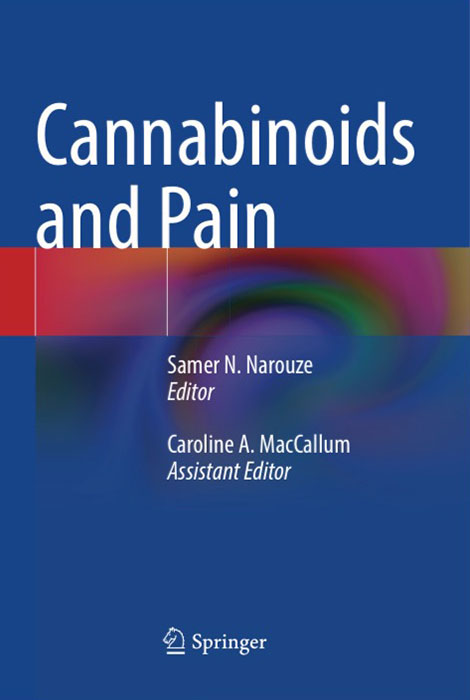Chapter 33: Cannabinoids and Mental Health Risks
Authors: MacCallum CA, de Frietas L & Lu S
Abstract:
Recreational cannabis use has been associated with the development of psychosis; there are numerous biopsychosocial risk and vulnerabilities to consider. The Diagnostic and Statistical Manual 5th Edition (DSM-5) has set out a specific set of criteria for cannabis-induced psychotic disorder and other cannabis-induced psychiatric conditions, including anxiety and sleep disorders. These conditions along with intrinsic and extrinsic patient vulnerabilities underlay the risk of developing psychosis associated with cannabis use and misuse.
Cannabis, especially CBD, has been investigated with some promise to treat various mental health conditions. Chemovars high in CBD with little to no THC may be beneficial in some anxiety disorders (i.e., social anxiety disorder) and possible PTSD. CBD may be beneficial to treat specific symptoms such as sleep disturbance. There is limited data to show CBD can be beneficial in treating some of the symptoms of schizophrenia and psychosis. The evidence for the use of CBD in bipolar affective disorder remains uncertain.
It is crucial to screen individuals for mental health conditions and significant vulnerabilities prior to initiating cannabis treatment. The risks and benefits should be weighed on a case by case basis. The standard of care includes regular monitoring of mental health symptoms and cannabis misuse. The longitudinal efficacy data of CBD (with minimal-to-no-THC) in treating the various symptoms of mental health disorders is still pending.

